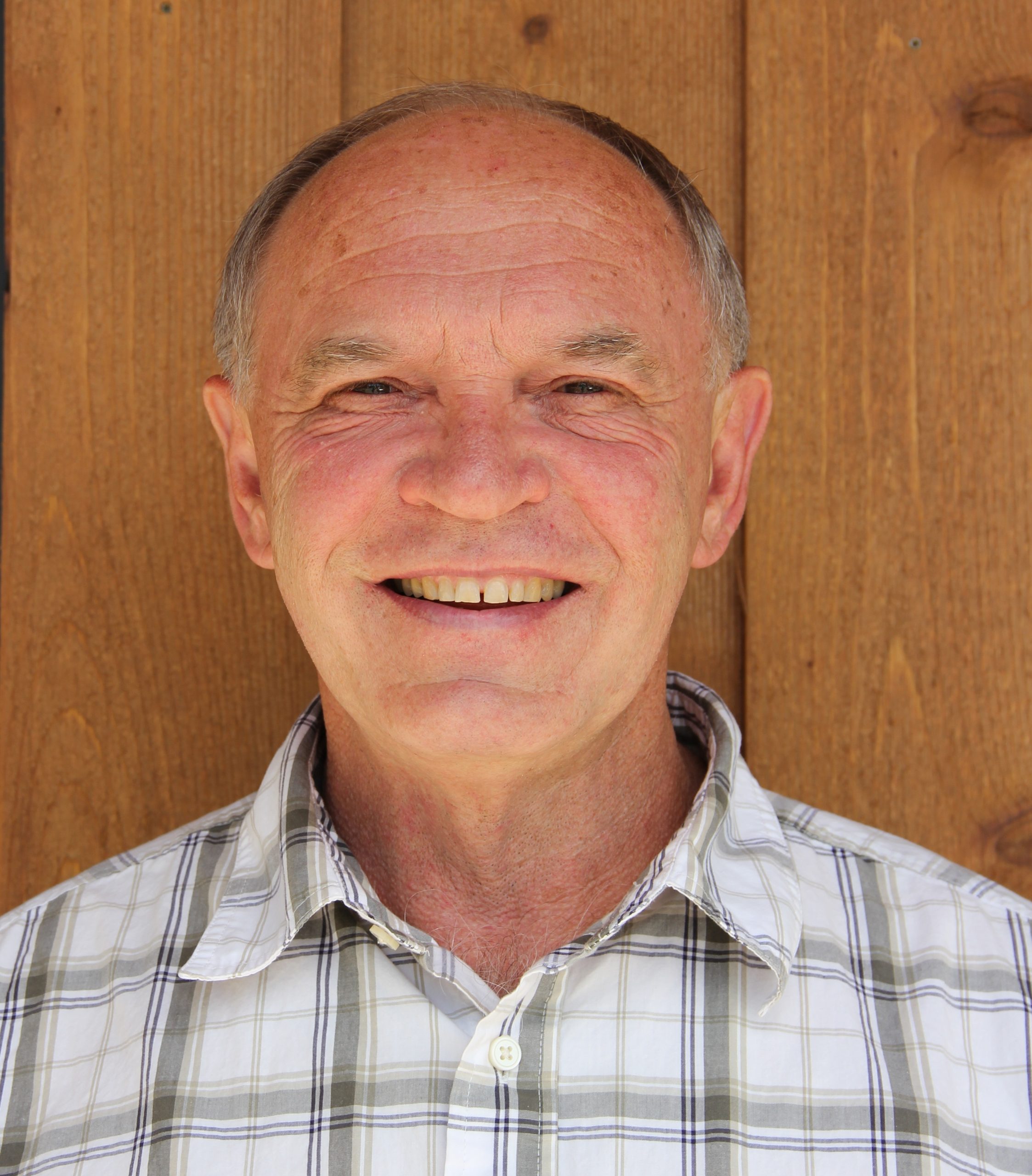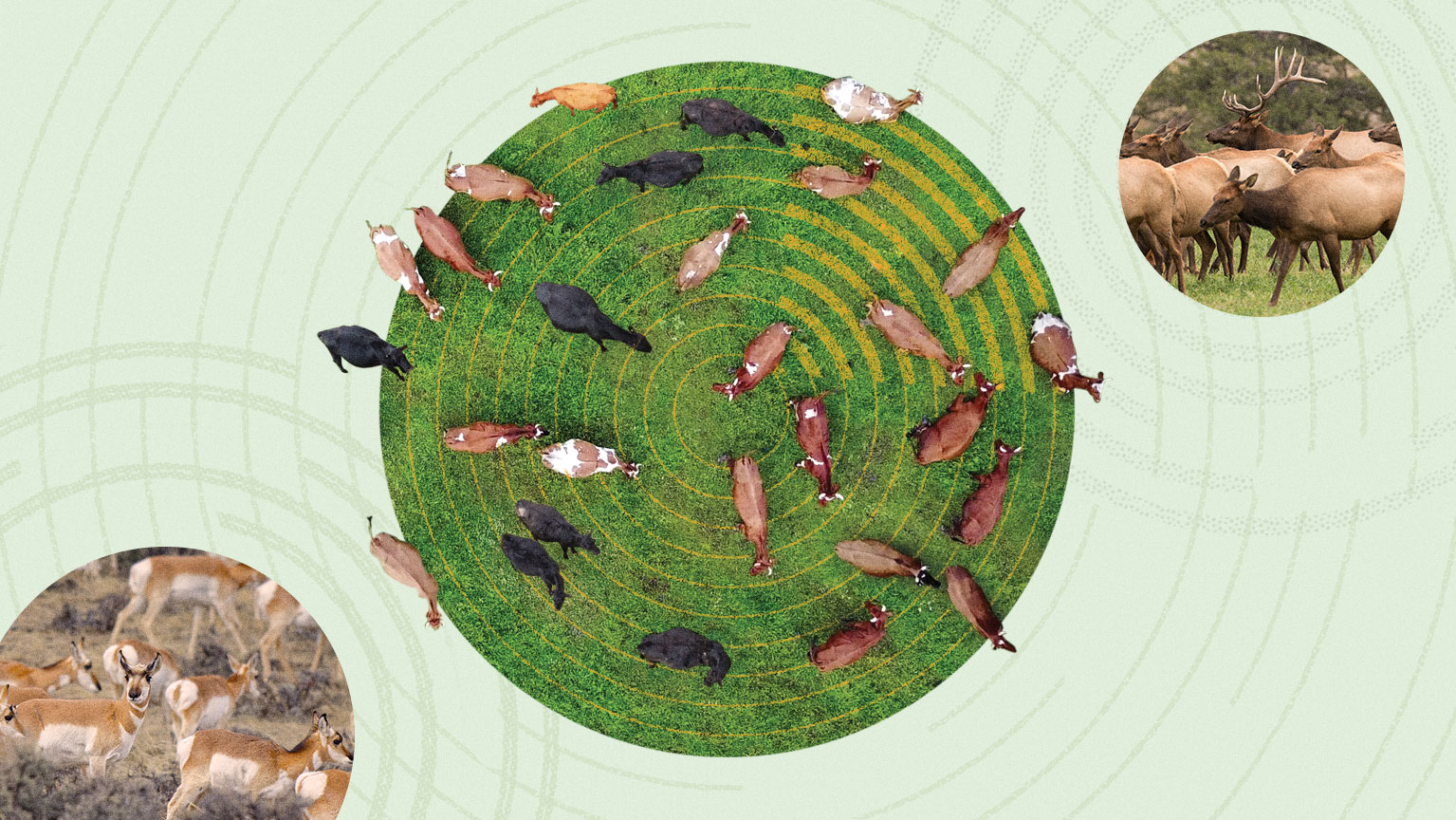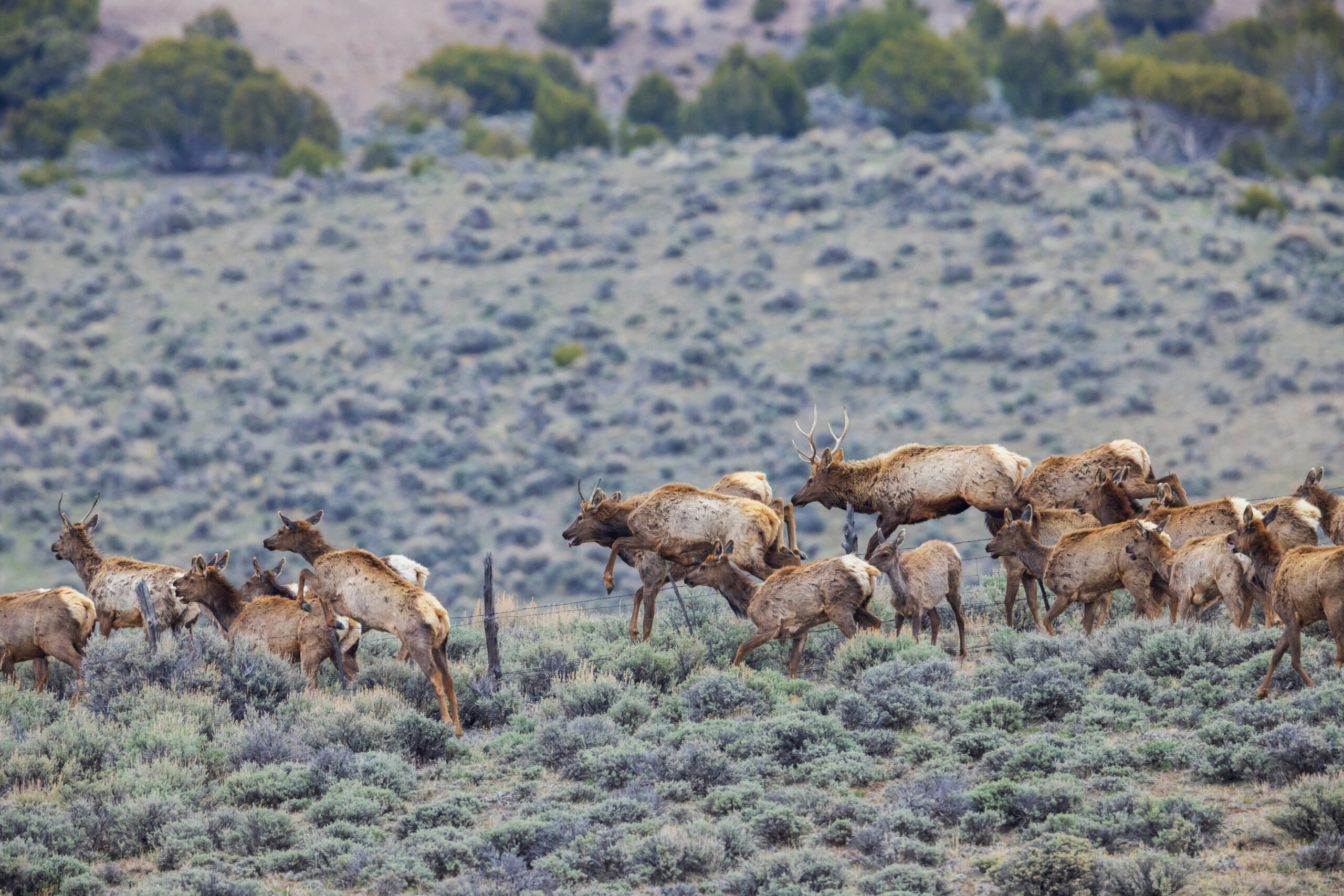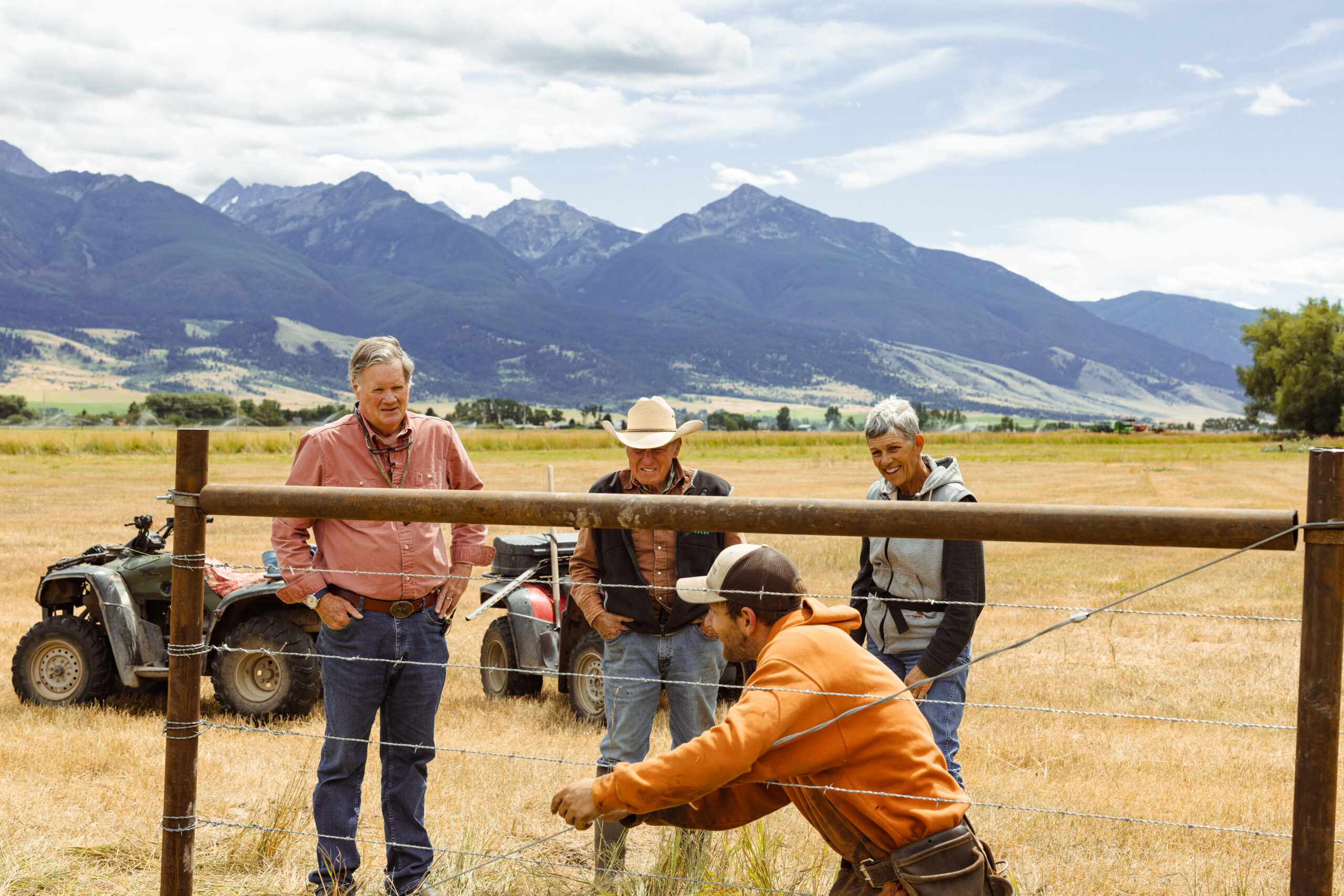
—Eric Hoffer
Modern environmentalism and neo-classical economics have more in common than one might think. First, they are linked by a focus on equilibrium models. Many environmentalists view nature undisturbed by humans as tending toward a balanced state, and neo-classical economists view markets tending toward an equilibrium in which demand and supply are balanced by prices. Second, they are linked by a view of how humans interface with the environment and the economy. Environmentalists view humans as a disruptive force that upsets nature’s delicate balance, and neo-classical economists view human action to be rife with externalities, meaning people impose costs on the environment and on others for which they are not responsible (for a discussion of why the word externalities has been expunged at PERC, see my “On Target,” Spring 2010). Both views are inconsistent with reality.
Fortunately, there is a better way to integrate ecology and economics—a way that builds on the teachings of Nobel laureates Friedrich Hayek and Ronald Coase, which form the foundation of free market environmentalism. Through their teachings, our attention is focused on information, feedback mechanisms, and the dynamic processes of nature and markets.
Hayek’s ideas compare with those of Charles Darwin, who saw evolution distinctly as a bottom-up process, as opposed to a top-down one. Matt Ridley, scientist and bestselling author, captured the similarities between Hayek and Darwin, saying that both markets and nature are “spontaneously self-ordered through the actions of individuals, rather than ordained by a monarch or a parliament.”
Thought of in this way, nature and the economy are processes in perpetual change rather than equilibrium systems that remain in balance. As biologist Daniel Botkin notes in his book, Discordant Harmonies, nature is not a “Kodachrome still-life,” but instead “nature is a moving picture show,” continually changing in a series of complex patterns. The same can be said of markets, wherein entrepreneurs are the equivalent of non-human species that fill Darwiniantype niches. The difference is that Darwinian evolution is a process where species evolve randomly, while market systems are purposeful processes wherein human action utilizes condensed information about the value of the environment to human beings.
The focus on human actors stands in stark contrast to the notion that the value of ecosystem services can be derived from physical systems themselves. As philosopher Mark Sagoff, a 2010 PERC Lone Mountain Fellow, notes, ecological economics attempts “to substitute an in natura calculation of value for the artifice of market price,” thereby ignoring human values and human action. Following Hayek, Professor Sagoff emphasizes that “ecological knowledge… is too spread out among people to be captured by any one individual or by any group of individuals—even given careful planning and sufficient resources.” Hence, both nature and markets are inherently decentralized.
Ronald Coase’s seminal article on “The Problem of Social Cost” provides the second important link between ecology and economics. Indeed, his article might be re-titled, “The Problem of Environmental Cost.” Coase’s central point is that property rights force people to consider the costs of using resources. Thus, property rights link human action with nature. Certainly, transaction costs can prevent all costs from being fully accounted for, but unaccounted for costs constitute uncaptured benefits. If water is not owned, and therefore polluted, the entrepreneur who can establish ownership captures the benefits if water quality is improved.
The key to integrating ecology and economics, using Hayek’s words, is to bring “about a state of affairs where prices correspond to costs,” which is precisely the role that Coase saw for property rights. Where there is an institutional void, institutional entrepreneurs have an opportunity to fill the void and earn a profit, i.e. to do good while doing well. Using the words of the great conservationist, Aldo Leopold, humans are capable of “thinking like a mountain” if they have signals that convey information about interconnections between themselves and the mountain. Property rights reward “thinking like a mountain” by rewarding human action that improves man’s use of the mountain and imposes costs for actions that do not.
Critics of free market environmentalism typically contend that transaction costs prevent property rights from evolving, and, therefore, call for political action. To be sure, government may be able to improve the connection between nature and humans, but there is ample evidence from the field of public choice that government failure is at least as likely to harm the environment as market failure.
Neither Hayekian nor Coasean lenses are rose-colored in that they do not tell us how to achieve economic or environmental nirvana. They do, however, show how prices, property rights, and entrepreneurs can better link human action and nature. Environmentalists who dare to don these lenses are likely to find that economics is a better friend of the environment than they think.
In “On Target,” PERC’s executive director Terry L. Anderson confronts issues surrounding free market environmentalism. He can be reached at perc@perc.org.



